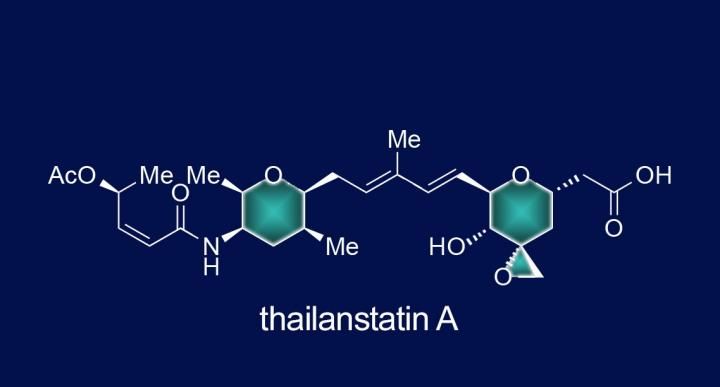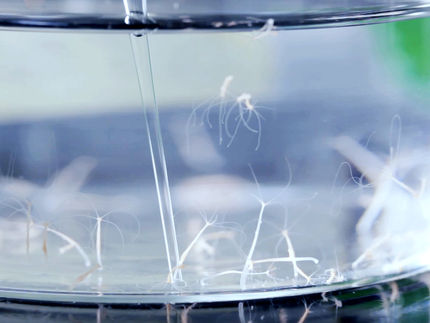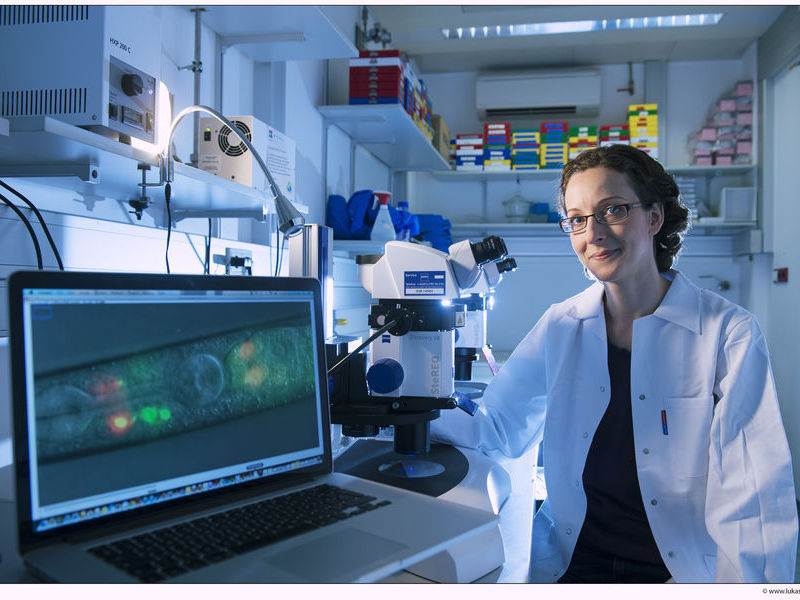Total synthesis of a new cancer fighter
Rice University scientists have synthesized a novel anti-cancer agent, Thailanstatin A, which was originally isolated from a bacterial species collected in Thailand.

A schematic shows the synthesized anti-cancer agent Thailanstatin A. The Rice University lab of synthetic chemist K.C. Nicolaou has synthesized the molecule found in bacteria native to Thailand
Nicolaou Group/Rice University
Thailanstatin A fights cancer by inhibiting the spliceosome, the machinery in the cell that edits messenger RNA after transcription from DNA but before its translation into proteins. Rice synthetic chemist K.C. Nicolaou and his group reported their success.
Nicolaou and his colleagues specialize in the synthesis of potential therapeutic agents that are found in nature but in amounts too small for thorough biological evaluation or clinical use. He is best known for the total synthesis of paclitaxel, a drug commonly used to treat a number of cancers.
The researchers explained that the spliceosome, a complex of proteins and ribonucleoproteins that regulate DNA splicing, is more active and displays higher mutation rates in cancer cells than in healthy cells, which makes it a valid target for investigation.
"This cellular machinery edits mRNA as it emerges from the transcription of DNA through site-specific removal of introns (noncoding regions of DNA) and splicing the remaining exon (coding) sequences prior to translation," Nicolaou said. "Thailanstatin A interferes with this mechanism."
He said the synthesis of Thailanstatin A, first isolated from burkholderia thailandensis bacteria, opens the way to construct and test variations of the molecule. "These studies will be directed toward optimization of the pharmacological properties of this new natural product as part of a drug discovery and development program targeting new therapies for cancer," Nicolaou said.
The program can take two directions, he said: one directed toward high-potency compounds that could be used as payloads for antibody drug conjugates and the other toward selective agents that can kill cancer cells with minimal damage to healthy cells.
The first paradigm is currently a frontier approach for the development of targeted and personalized cancer therapies, while the second represents a more traditional approach that could also lead to powerful anti-cancer drugs, Nicolaou said. "Thailanstatin A exhibits just the right potency to be diverted to either approach through a reiterative molecular design, chemical synthesis and biological evaluation process," he said.
"We're excited about this new molecule and its analogs because of their unique biological properties and the prospects of working collaboratively with industrial and academic partners to advance them toward the clinic," Nicolaou said.
Original publication
Other news from the department science

Get the life science industry in your inbox
By submitting this form you agree that LUMITOS AG will send you the newsletter(s) selected above by email. Your data will not be passed on to third parties. Your data will be stored and processed in accordance with our data protection regulations. LUMITOS may contact you by email for the purpose of advertising or market and opinion surveys. You can revoke your consent at any time without giving reasons to LUMITOS AG, Ernst-Augustin-Str. 2, 12489 Berlin, Germany or by e-mail at revoke@lumitos.com with effect for the future. In addition, each email contains a link to unsubscribe from the corresponding newsletter.





















































